Filling for wardrobes and wardrobes
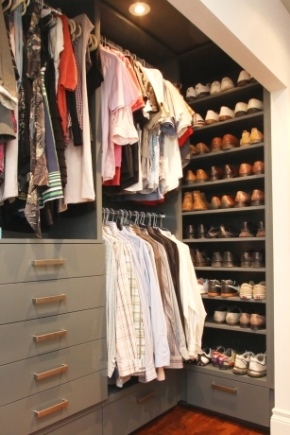
For proper storage of things, it is necessary to correctly equip the appropriate systems, including wardrobes and wardrobes. Let's take a closer look at the most practical and functional ways of filling storage systems.
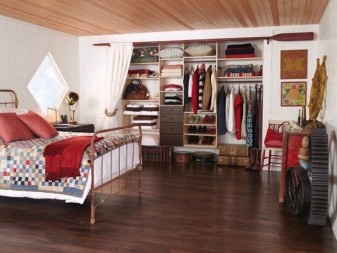
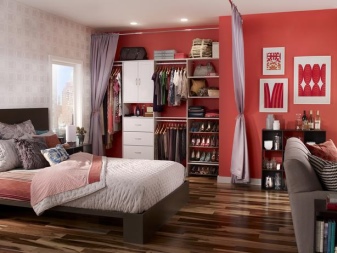
Features and Benefits
Each storage system, undoubtedly, has a number of not only features and advantages, but also disadvantages, which should be familiarized with immediately before purchasing a particular product and installing it in an apartment.
The advantages of cabinets are visible to the naked eye - compactness, convenience, spaciousness... Almost any wardrobe has all these properties, which allows you to store a large number of things inside without cluttering the space of the apartment.
A clear advantage is the division of the internal space into shelves for storing neatly folded things and into compartments for storing things in a horizontal position on a hanger.
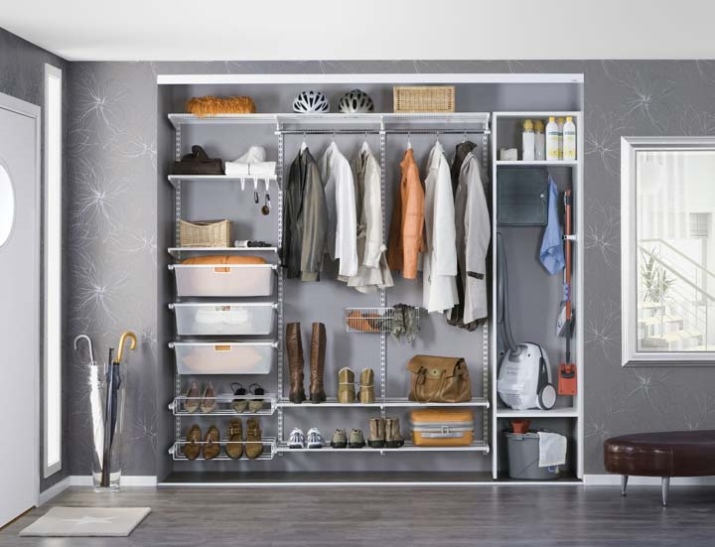
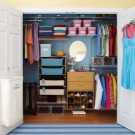
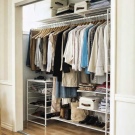
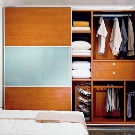
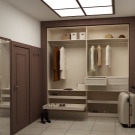
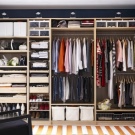
But the cabinets also have disadvantages - despite even the most compact dimensions, the cabinet still takes up space in the room, sometimes not even small. And if this is not critical for large apartments, then in small rooms the decrease in space will be very noticeable.
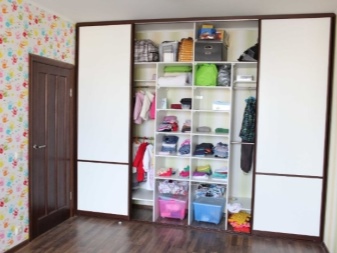
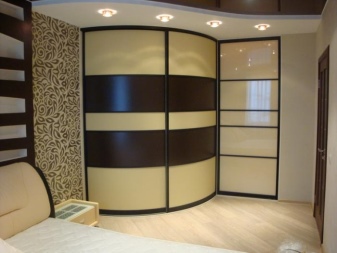
A wardrobe is called a small room - a room designed for storing things. With the proper internal equipment, the dressing room can not only fully replace the wardrobe, but also help free up space in the apartment.
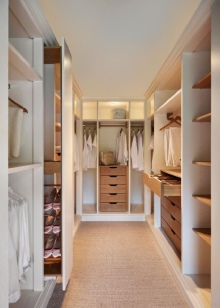
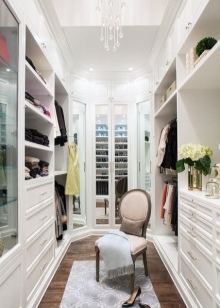
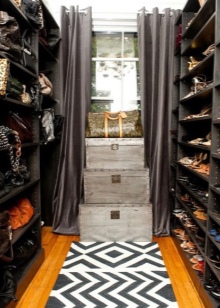
The advantage of dressing rooms, first of all, lies in their large capacity, thanks to which you can hide from prying eyes not only clothes and small personal items, but also unnecessary equipment, bulky dishes, and, with sufficient space, even car wheels.
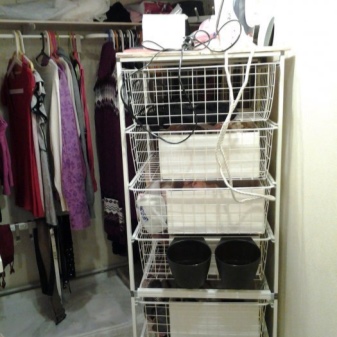
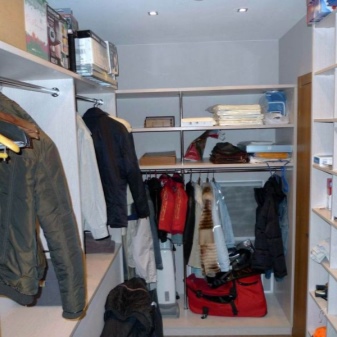
Types and location
Naturally, there is a wide variety of cabinet types - models differ in height, width and depth. But the surprising thing is that dressing rooms are also divided into several varieties and differ in the area of the room and its shape.
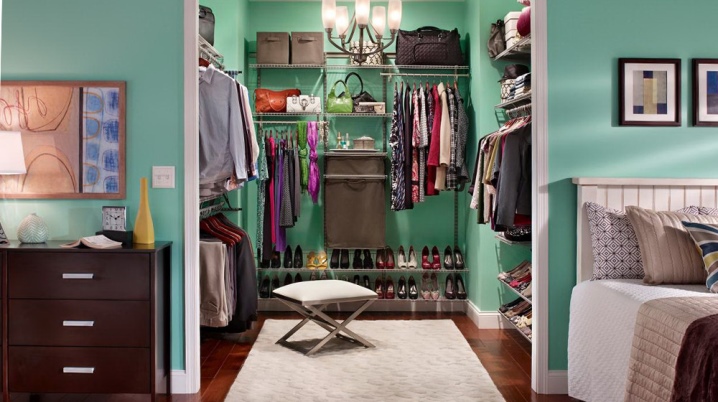
The most common and known to everyone is the wardrobe, the main feature of which are sliding doors that save some space. Hinged doors move freely, but require careful handling, so as not to lose performance too soon.
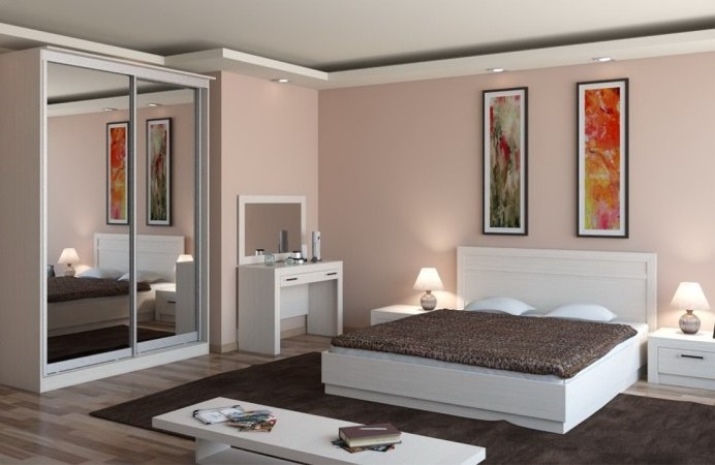
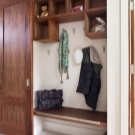
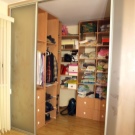
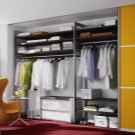
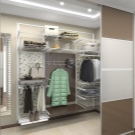
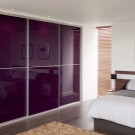
A classic wardrobe, as well as an ordinary wardrobe, have a standard rectangular shape, which is quite suitable for fairly spacious rooms, where space saving does not play a special role.
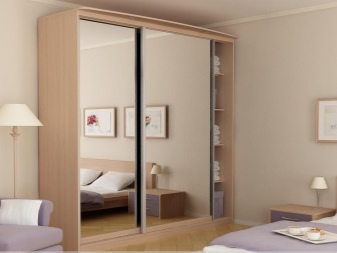
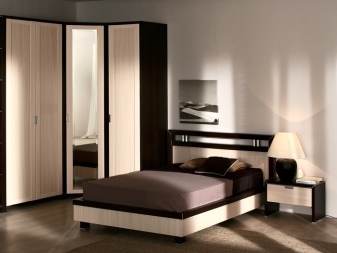
But for small apartments, where every square meter counts, an excellent option would be a corner cabinet model, which takes up little space, fits perfectly into any interior and saves space.
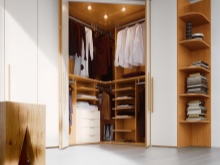
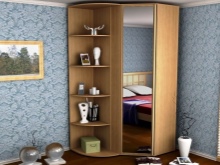
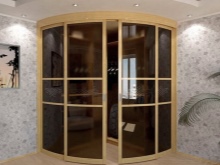
There are also options for corner walk-in closets, which, most often, are hand-made, since this form of additional rooms in an apartment is rarely designed and decorated by the developer.
Some apartments have special rooms of a small area, which are often set aside for dressing rooms. To equip such a room, the built-in collapsible wardrobe model is most suitable.
Most often, such rooms are located inside the bedroom, which is very convenient when collecting. But if there is no dressing room, you can always supplement the interior with a small wardrobe, where only the most necessary things will be stored.
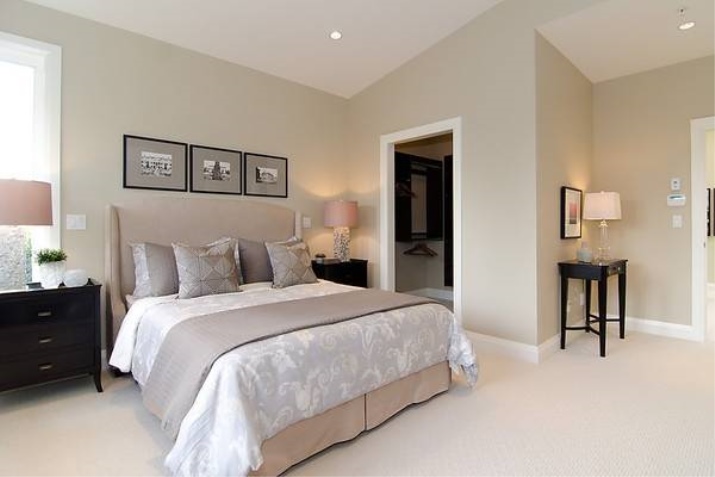
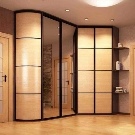
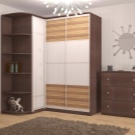
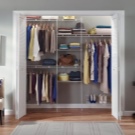
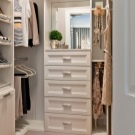
A dressing room will be very useful in a private house, since it is in such living conditions that there is an urgent need to store a large number of things. It is best if the room is located in the same part of the house as the bedroom.
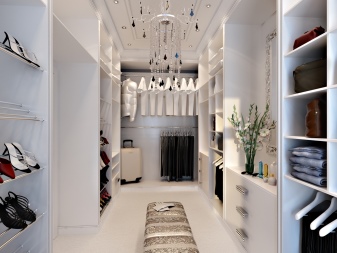
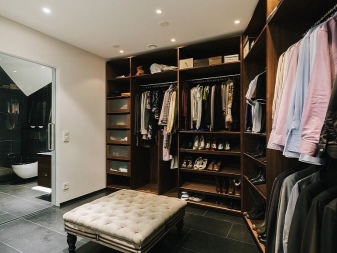
How to equip?
It is very important not only to equip the storage space, but also to fully equip it with any additional details that help maintain order and keep every thing in its place.
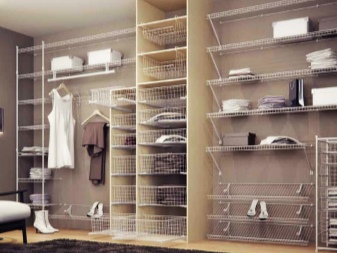
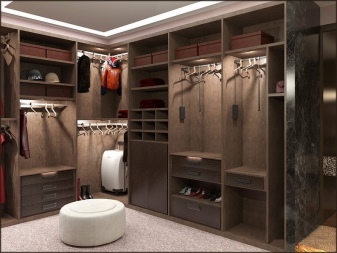
Some make wardrobes and build wardrobes with their own hands, using the appropriate parts and components. But sometimes a finished product needs appropriate internal equipment.
Let's take a closer look at what details may be needed for the internal filling of a particular storage system:
- Shelves of different sizes are needed for storing things when folded;
- Drawers made of the same material as the storage system itself, be it a wardrobe or a frame wardrobe, can become a fairly practical detail;
- Metal bar for storing things on hangers;
- Corresponding racks for shelves and rails, as well as guides for the movement of drawers.
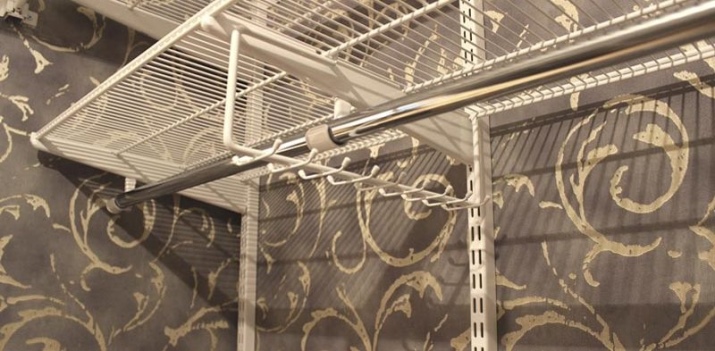
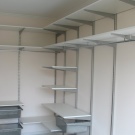
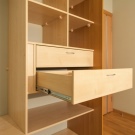
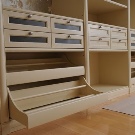
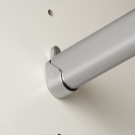
There are many accessories for wardrobes and wardrobes that will make storage more convenient and delimit the space inside the cabinet. Accessories are divided into built-in and non-built-in accessories. Let's take a closer look at each.
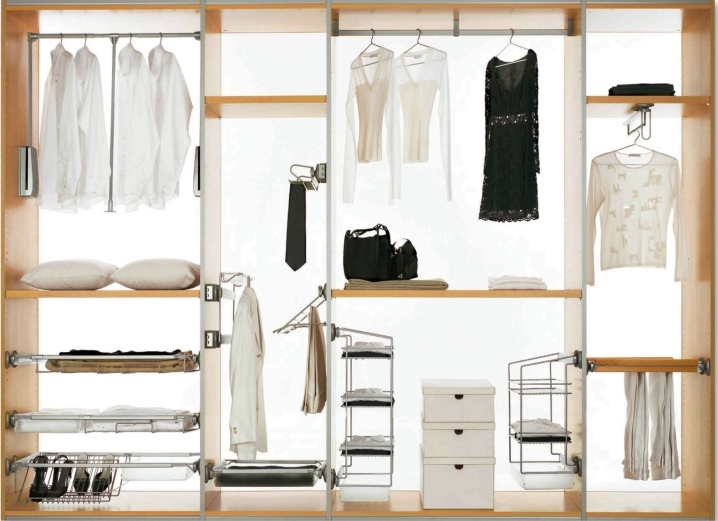
Built-in storage accessories:
- In addition to the bar, a retractable thin hanger is also used for the hanger, which, despite the external thinness of the structure, is quite strong and reliable;
- Built-in device for iron;
- Various hanging baskets designed to store any clothes, light shoes and accessories;
- Retractable trousers, which are a rectangular hanger with numerous thin bridges;
- Pull-out shoe organizers - perfect for storing shoes in closets.
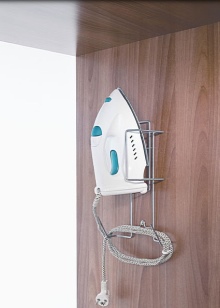
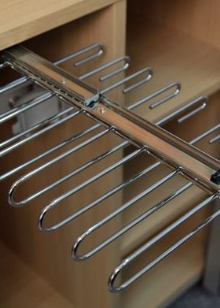
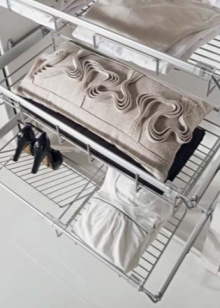
Non-recessed storage accessories:
- The most common and well-known accessory is a hanger, which is practically an essential item in a closet;
- Non-built-in accessories also include covers and vacuum boxes for storing warm, bulky clothes;
- Dividers are popular to help delimit the space in drawers;
- Various organizers for drawers, the inner space of which is divided by special jumpers;
- Hanging organizers suitable for storing bags and small shoes.
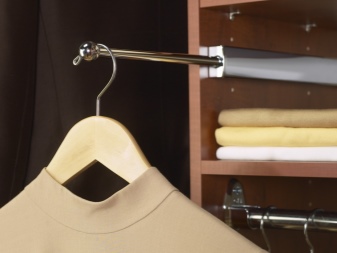
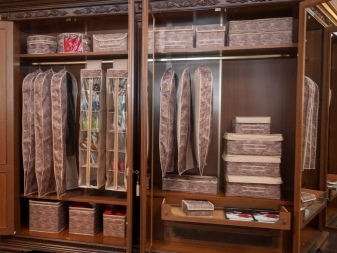
The used storage elements must necessarily be of high quality, durable and practical, because the filling for the closet or dressing room is selected not for a day or two, but for a long time. It is better not to skimp on quality, so as not to overpay later by changing accessories and components of the storage system.
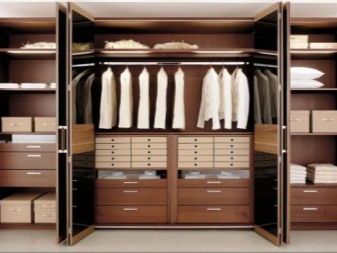
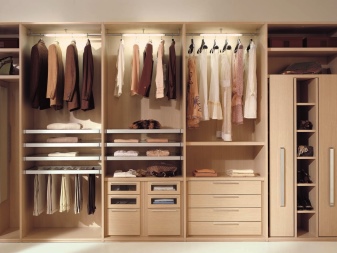
All sorts of accessories and fillers are not necessary, but in many ways make life easier and stimulate the maintenance of order in storage systems.
Internal filling
Before purchasing a wardrobe or equipping a dressing room, you need to decide on the size of the room. And ergonomics can help in the selection of the optimal cabinet size and filling for the dressing room.
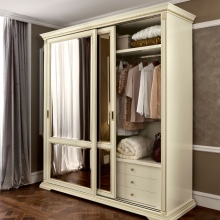
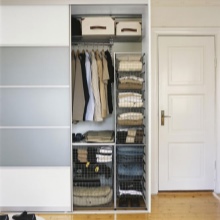
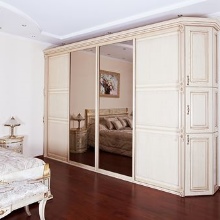
Let's take a closer look at its main features:
- The height of the cabinet may well be a couple - three centimeters less than the height of the walls in the room, but for its stability it is necessary that the width of the cabinet is at least 56 centimeters. But even with such dimensions, it is best to fix the furniture attribute against the wall in order to avoid falling.
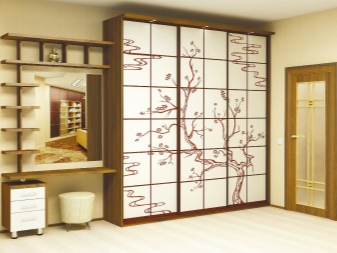
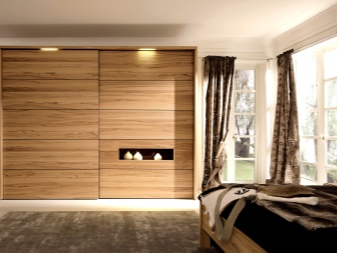
- The same applies to dressing rooms, where the height of the shelves can reach the level of the ceiling, and the shelves themselves will need additional fastening to ensure greater safety. Now let's take a closer look at the internal content.
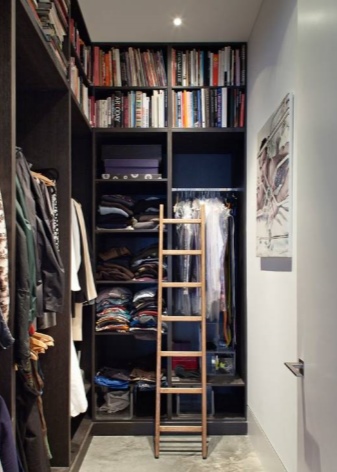
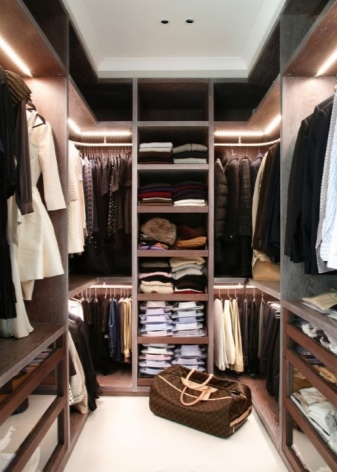
- The top shelf of the closet or dressing room should be located at a distance of about 50 - 55 centimeters from the top of the product - with this arrangement, the compartment will be spacious enough to store a large amount of not so important things.
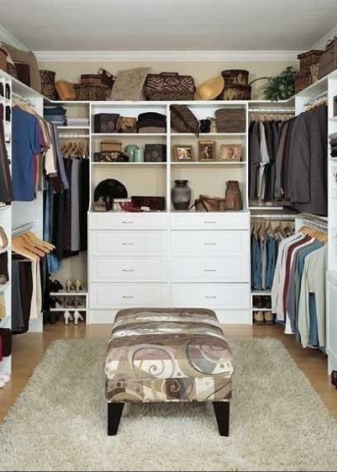
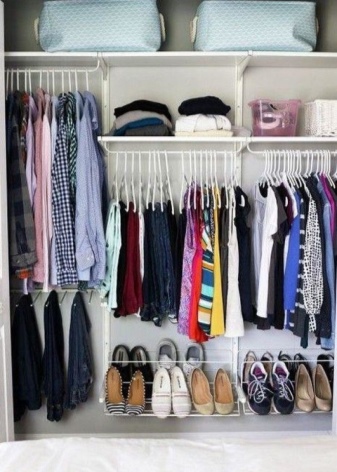
- The height of the distance between the rest of the shelves, where clothes are usually stored in piles, can be from 40 to 45 centimeters. Such dimensions allow equipping the storage system with a large number of shelves, each of which may well be reserved for a certain type of clothing.
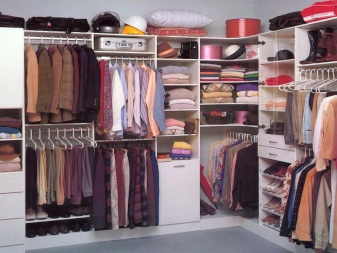
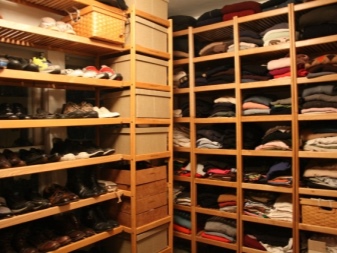
- You should be aware that cabinets and storage systems in wardrobes may differ in depth, which in a certain way affects the size of the shelf. Let us consider in more detail the ratio of the depth and width of the shelves using the example of a comparative table.
|
Storage depth (mm) |
Narrow shelf width (mm) |
Standard shelf width (mm) |
Wide shelf width (mm) |
|
300 - 400 |
- |
420 - 460 |
800 - 820 |
|
420 - 460 |
300 - 350 |
550 - 600 |
780 - 800 |
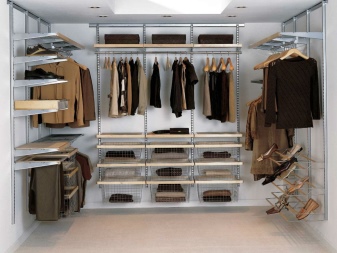
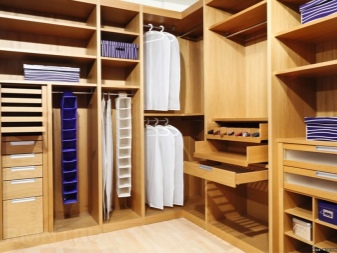
The standard height and width of the shelves is understandable, but many cabinets have rather narrow drawers and compartments and many simply do not understand what they are for. Everything is very simple! The compartments, the height of which varies from 20 to 30 centimeters, are designed to store both underwear and bed linen.
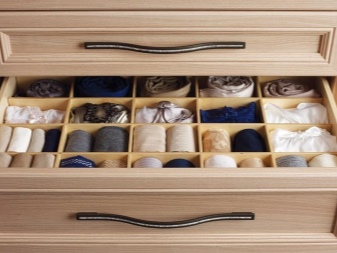
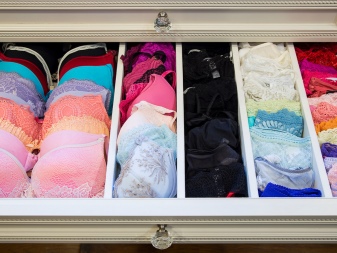
Standard shelves for storing hats can be 15 to 20 centimeters high, and shoe boxes can be 25 to 30 centimeters high. It is better to store tall boots in a horizontal position, since there are no special compartments for them.
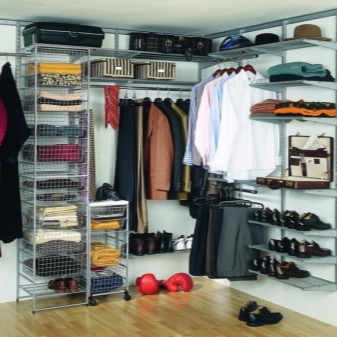
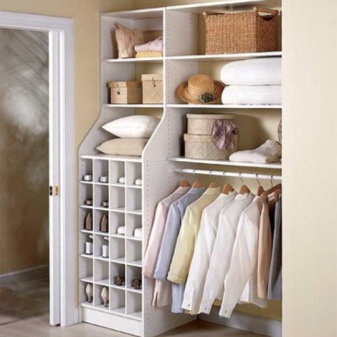
- With a large space, the closet or dressing room may have a special compartment for trousers, the height of which varies between 12 and 15 centimeters, as well as boxes for storing socks and tights, approximately the same height.
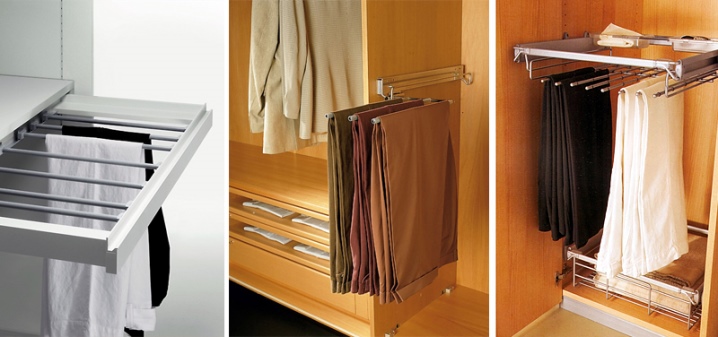
Some wardrobes or wardrobes may be equipped with tiered bars on which hangers are stored. Let's take a closer look at what height of the bar is needed to store certain types of clothing:
- 170-80 cm: the height required to store long coats, raincoats, fur coats and winter down jackets;
- 140-150 cm: the height required to store long dresses for women, as well as outerwear that reaches mid-calf length;
- 100-110 cm: the height required to store short outerwear, jackets, shirts and blouses.
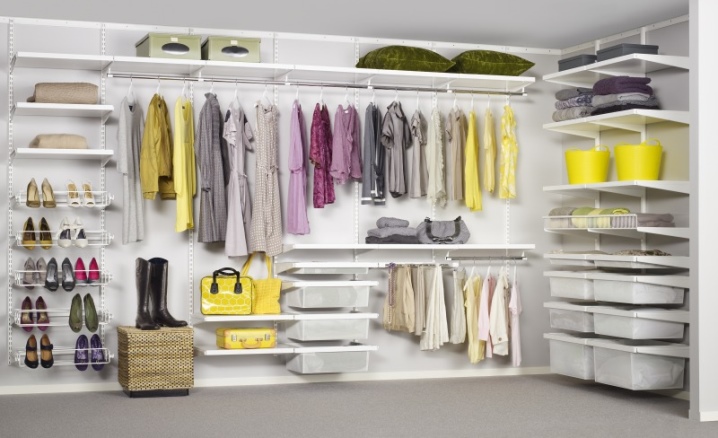
It is worth noting that storage systems in dressing rooms can also be equipped with doors, since clothes made of delicate fabrics that require special handling must be stored behind closed doors in order to maximally protect the product from any possible external influences.
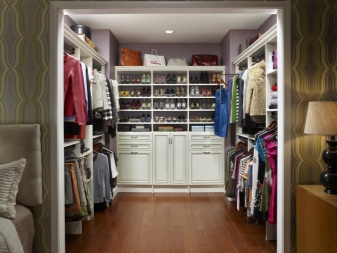
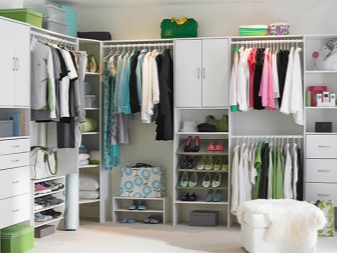
Interesting design solutions
A corner wardrobe with glossy white doors looks pretty good. The model has all the necessary interior equipment, multilevel rods, many drawers and shelves for storing various things.
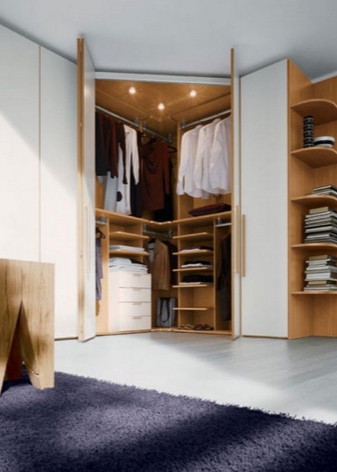
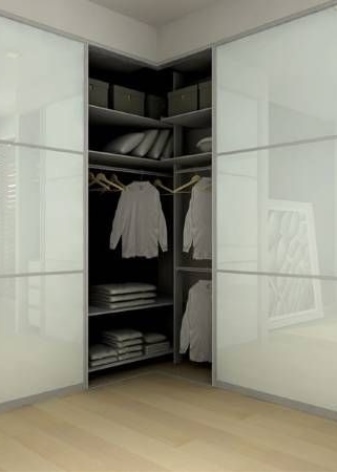
It is noteworthy that the model is equipped with an open corner shelving, which can serve as a decorative element for storing various interior items, and as a functional part for storing family albums and books.
A striking example of the competent and practical use of room space is a corner dressing room made with your own hands. The doors are made of matte white panels in a brown cut, which makes them look beautiful and complements the interior quite well.
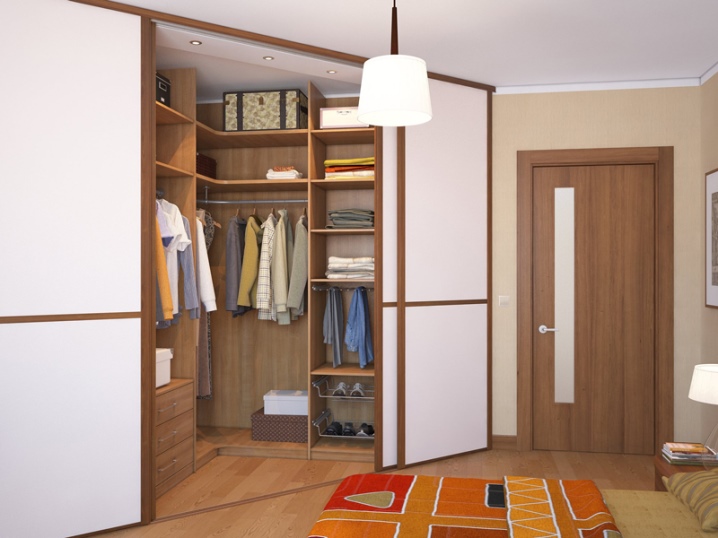
The dressing room is equipped with bars for hanging both long and short clothes. There are drawers as well as shoe baskets. The upper shelves are designed for storing shoes, bags and suitcases, and the standard ones are for clothes and linen.
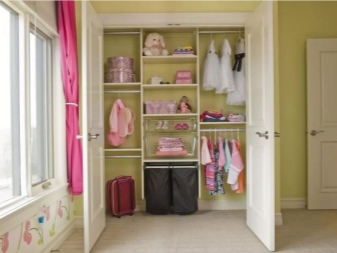
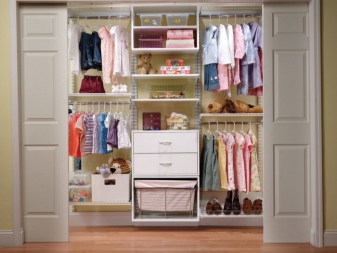
A stylish classic wardrobe can be no less practical and spacious than any dressing room. This model is equipped with a backlight system, which makes it much easier to find things in the dark, without the need to turn on additional lighting.
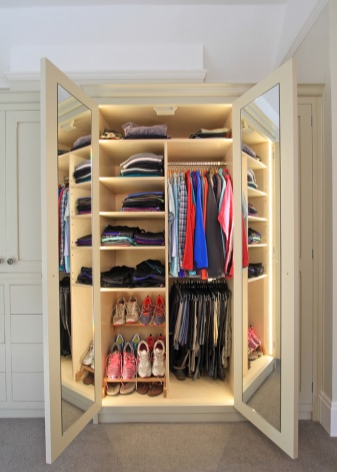
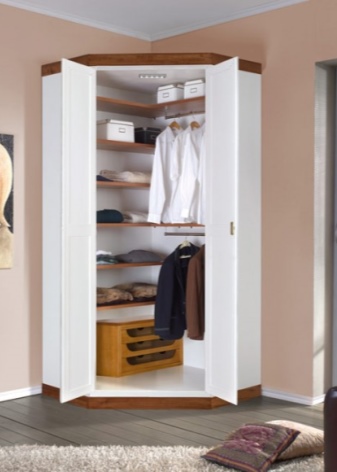
The closet has standard shelves for things, an upper shelf for clothes and other attributes that are rarely used, bars for short clothes and trousers, and a device for storing shoes. Among the shortcomings of this model, one can single out the absence of drawers and a rod for storing long things.
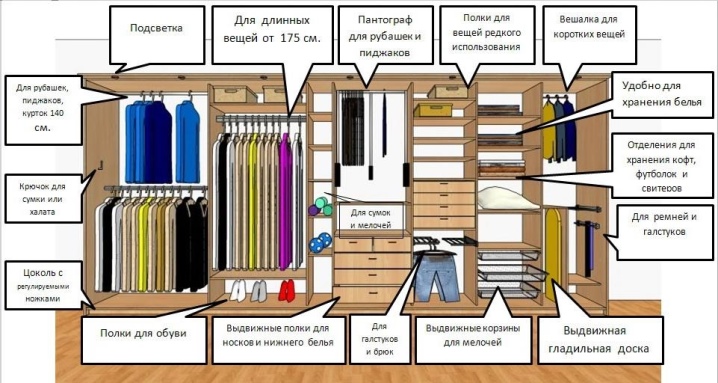













The comment was sent successfully.